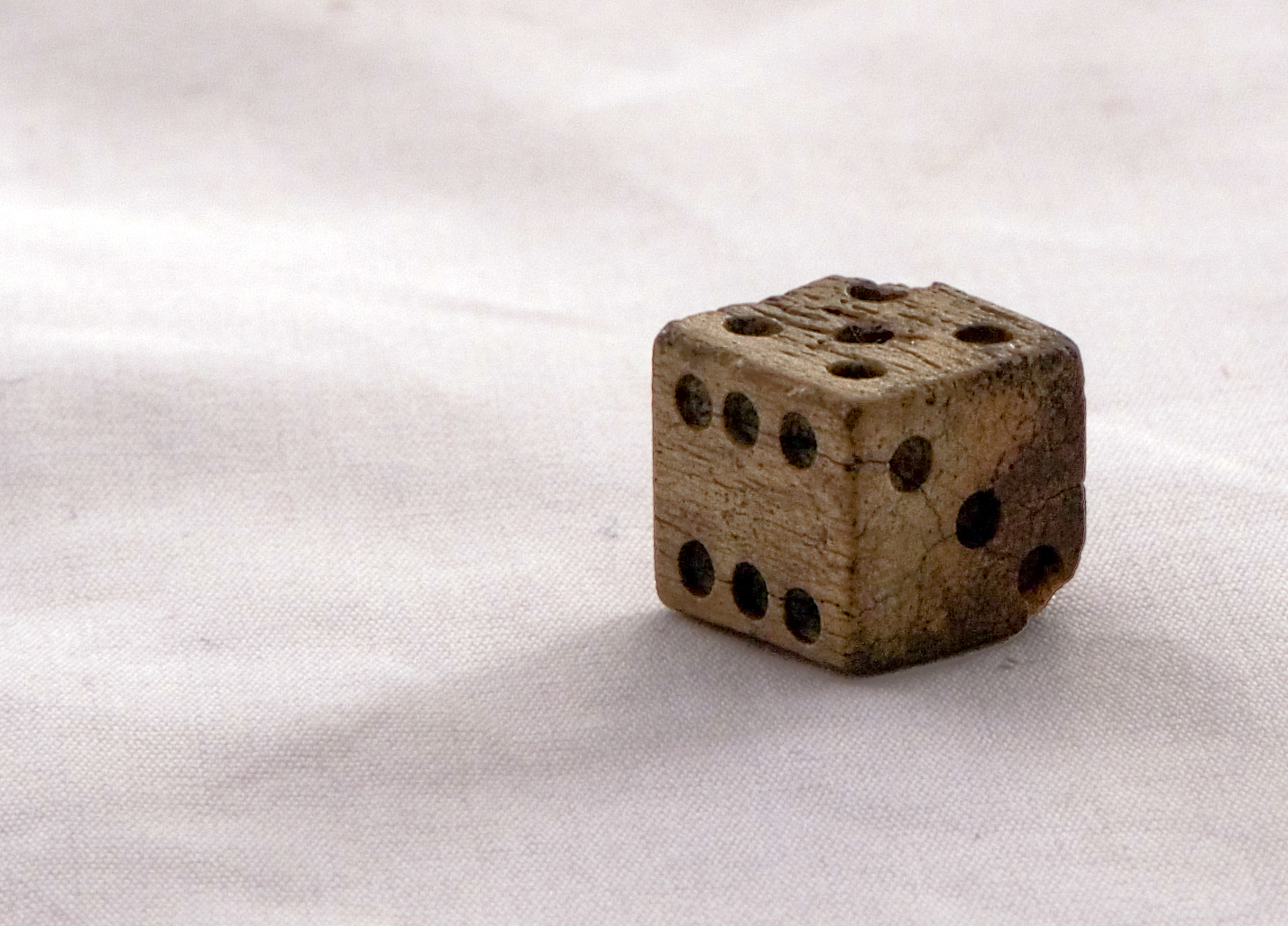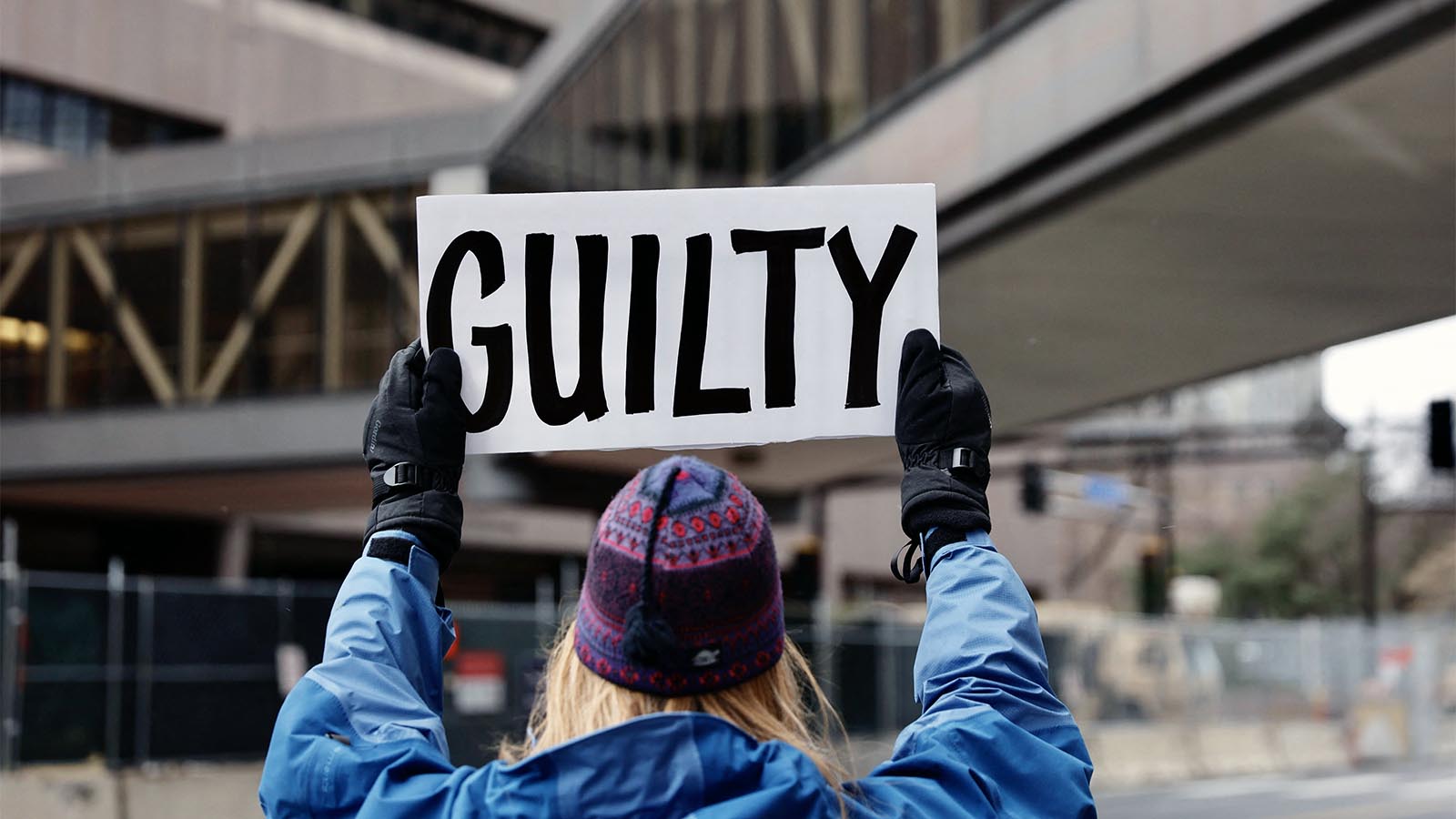What Does Manslaughter Mean in Canada?
Manslaughter in Canada is a serious crime with serious repercussions. Although many may believe manslaughter and murder to be the same, there are significant differences between the two.
This article defines what manslaughter means in Canada and provides an idea of the kind of manslaughter sentence you may face if convicted of the crime.
Read on to learn what manslaughter means in Canada.
Table of Contents
What is Manslaughter?
In Canada, manslaughter is defined as homicide committed without intent to kill, but there may have been an intention to harm. This differentiates it from first-degree murder—where there is clear intent and planning behind the act. And second-degree murder—where the killing is intentional, but there were no premade plans.
Under the Criminal Code in Canada, manslaughter is any ‘culpable homicide’ that does not fall under the definition of murder. Culpable homicide is when a person causes the death of another, either intending to kill or intending to cause harm.
To put it simply, manslaughter is when a person commits a crime but does not have the intention to kill or cause significant bodily harm, and their actions have led to death. It is less than murder but more than an accident.
It is challenging to prove manslaughter as it mostly comes down to demonstrating the intention of the accused and their thought process during the incident.
What are the types of manslaughter?
Under the Criminal Code of Canada, there are three types of manslaughter:
- Unlawful Act: When a person commits a dangerous crime which is likely to injure another person and result in a death
- Criminal Negligence: When a person dies because the person accused acted irresponsibly or did not fulfill their duty of responsibility and showed reckless disregard for others’ lives.
- By Threats or Fear: Often referred to as the willful frightening of someone to death, this is the case when someone causes the death of another by threatening them with violence to such an extent as they do something that leads to their death.
What kind of penalties can you face for manslaughter?
Although there is no minimum sentence for manslaughter, unlike in murder cases where there is one, depending on the case, the penalty can be anywhere from probation to life in prison. However, if a firearm is involved, there is a minimum of 4 years if found guilty.
Most penalties for manslaughter cases are between 4 to 15 years in prison with the possibility of parole.
What kind of considerations can be taken in a manslaughter case?
When deciding the penalty for manslaughter, the court considers a few things to provide justice. They are:
- Whether the accused has any previous convictions or no relevant/recent convictions.
- If the accused is remorseful
- If the accused had the intention to cause serious bodily harm rather than to kill
- If the victim had a history of significant violence or abuse against the accused
- Whether there was any premeditation involved
- The accused acted in self-defence
- The accused has a mental disorder and had previously made genuine and sustained attempts to seek help.
- The accused acted out of the sincere belief that killing was an act of mercy.
- The accused has good character or has exemplary conduct
- The accused has severe medical conditions that require urgent, intensive, or long-term treatment
- Age of the accused or the lack of maturity of the accused
- If the accused is the sole or primary care provider to dependent relatives
Sometimes murder charges may be reduced to manslaughter charges if the accused was provoked, they committed the homicide in the heat of passion, or their judgment was impaired by alcohol and other substances.
Provocation, in this case, is defined as a wrongful act or an insult that is of such a nature as to be sufficient to deprive an ordinary person of the power of self-control. The accused suddenly acted on this provocation before they had time for their passion to cool down.
Provocation can only be used as a defense when the homicide was committed in the heat of passion, and the accused did not have time to consider their actions.
Murder vs. Manslaughter: Case Examples
Let’s examine some real-world situations to show how manslaughter and murder differ.
“Provoked” Killing
Facts: Quick Boyle is strolling down a congested street. Boyle and Clay collide while walking, but Clay doesn’t apologize. Boyle is immediately enraged by Clay’s disrespect and pulls a revolver, killing Clay.
Verdict: Because Boyle purposefully killed Clay, he was probably guilty of second-degree murder. It is unlikely that a judge or jury will conclude that the shooting was first-degree murder because that would mean that the death was premeditated. However, this wasn’t the kind of murder committed in a fit of rage that qualifies as voluntarily manslaughter. Boyle may have been somewhat agitated, but the situation wasn’t dire enough to make a sane person lose control.
Intentional Act; Accidental Result
Facts: Marks and Spencer debate the appropriate interpretation of free will in Hobbes’ philosophy while standing next to one another in a bookstore a few feet from the top of a flight of stairs. The argument grows increasingly heated when Spencer points the finger at Marks, and Marks pushes Spencer backward. Spencer is forced so forcefully that she tumbles down the stairs. Spencer sustains injuries that cause his death.
Verdict: Marks would likely be found responsible for accidental death. He was negligent in a criminal manner when he shoved a person towards the top of a stairwell. However, it doesn’t appear that the facts indicate that his actions were so careless as to show a complete disregard for human life, which would have escalated the offense to second-degree murder. A judge or jury would have had to decide whether Marks’ shove had enough provocation to qualify as voluntary manslaughter if the evidence had shown that Marks intended to murder Spencer.
“Cooling-Off” Period
Facts: When Lew Manion gets home, he discovers that Lee has been sexually assaulted and severely beaten. Lee is driven to the hospital by Manion. On the way, Lee informs Manion that her assailant was Barnett, the tavern proprietor they occasionally frequent together. Four hours later, after picking up Lee from the hospital, Manion purchases a gun from a gun store. Then, Manion kills Barnett by shooting him in the tavern.
Verdict: Manion took the time to reflect and buy the pistol, so he may be found guilty of first-degree murder. Although Manion was still upset when he committed the crime, voluntary manslaughter is a slightly less likely option since a judge or jury could determine that the intensity of the moment had subsided.
Conclusion
Manslaughter is a serious crime, no matter the circumstances leading to the incident. The resulting death can also lead to the accused being penalized severely. Although there may have been extenuating circumstances that led to the incident, it does not negate the fact that someone has died.
Suppose you or a loved one has been accused of manslaughter. In that case, you should seek the services of an experienced criminal lawyer who can consider all the factors involved in your case and provide you with the best strategies to lower the penalties as much as possible.












Ronald Brown
July 19, 2022The information I had been hunting for internet for a few days was in your article. It’s a stunning and incredibly useful nugget of information. Thank you for providing us with this useful information about what is the sentence for manslaughter in Canada.